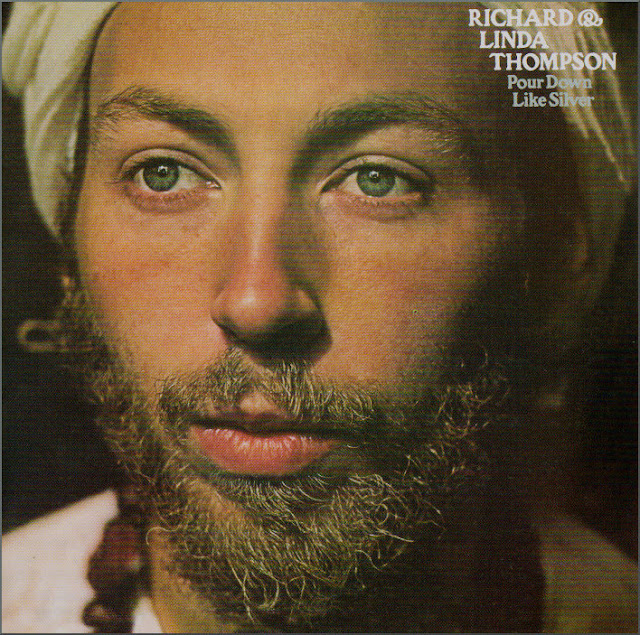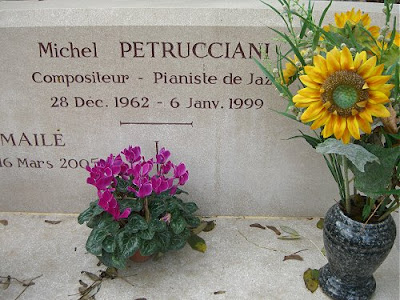Not quite so loudly please Maestro Ashkenazy
 Dear Eastern Daily Press letters,
Dear Eastern Daily Press letters, How can such fierce noise restrictions be placed on Norwich's major concert venue, St Andrew's Hall? As the orchestral manager of Norwich Pops Orchestra I have witnessed the noise limiter light flashing on and off throughout our performances depending on the volume of the piece and how much applause we receive. Nearly all pieces for symphony orchestra played in the Hall will go above the newly imposed limit of 85 decibels. This level is approximately the sound level produced by a vacuum cleaner at the position of the ears whilst vacuuming a carpeted floor. Very loud restaurants or noisy parties can get to levels of about 100 decibels and rock concerts typically attain levels of 120 decibels in the audience. If these restrictions are to be inforced then all concerts in St Andrews Hall will be affected, not just the amplified ones.
 In 1924 the young Benjamin Britten (aged 11) heard the composition 'The Sea' by Frank Bridge (left) in St Andrew's Hall during the Norwich Festival. He was, according to his own recollection 'knocked sideways'. Britten then went on to have composition lessons with Frank Bridge, who helped him on his journey to becoming one of the 20th Century's great composers. I wonder if the impact would have been the same if before the concert started a luckless employee of the Festival had pointed out to Mr Bridge the passage between Bars 45-62 was above 85 decibels and 'could he make it a bit quieter please...'
In 1924 the young Benjamin Britten (aged 11) heard the composition 'The Sea' by Frank Bridge (left) in St Andrew's Hall during the Norwich Festival. He was, according to his own recollection 'knocked sideways'. Britten then went on to have composition lessons with Frank Bridge, who helped him on his journey to becoming one of the 20th Century's great composers. I wonder if the impact would have been the same if before the concert started a luckless employee of the Festival had pointed out to Mr Bridge the passage between Bars 45-62 was above 85 decibels and 'could he make it a bit quieter please...' In the 2006 Norwich Festival the Philharmonia Orchestra are playing Rachmaninov Symphony 2 in St Andrew's Hall under the eminent pianist/conductor Vladimir Ashkenazy. I do not envy the person who has to approach Maestro Ashkenazy - 'excuse me sir, but is it possible you can play the beginning of the Allegro vivace not quite so loudly, someone across the street has complained...'
In the 2006 Norwich Festival the Philharmonia Orchestra are playing Rachmaninov Symphony 2 in St Andrew's Hall under the eminent pianist/conductor Vladimir Ashkenazy. I do not envy the person who has to approach Maestro Ashkenazy - 'excuse me sir, but is it possible you can play the beginning of the Allegro vivace not quite so loudly, someone across the street has complained...'Until Norwich has a proper concert hall, we have to use St Andrew's. Please lift these restrictions.
Keith Hobday - Norwich Pops Orchestra
Pliable writes - this ludicrous 'Health and Safety' limit on sound levels arose as a result of the complaints of just four local residents. This limit, plus the poor acoustics, makes the St Andrew's Hall in Norwich a challenge both for performers and audiences. But it is worth pointing out the fascinating, and distinguished, history of the Hall.
St Andrew's Hall dates from the 15th century when it was built as part of the church of a Dominican Friary. At the time of the Dissolution of the Monasteries in the 1530's the church was divided into two and the present hall was created, and has been in use as a civic building ever since.
 The first music festival in Norwich was held in 1788, and performances took place in St Andrew's Hall. Since then St Andrew's has been in use as a festival and music venue for more than 200 years without a break. See photo to left, and yes, that is an organ you see - 85db? The Hall has seen many historic premieres including Britten's Our Hunting Fathers, Opus 8 ( 25 September 1936, St Andrew's Hall, Norwich, Norfolk and Norwich Triennial Music Festival. Sophie Wyss sop, LPO, Benjamin Britten cond).
The first music festival in Norwich was held in 1788, and performances took place in St Andrew's Hall. Since then St Andrew's has been in use as a festival and music venue for more than 200 years without a break. See photo to left, and yes, that is an organ you see - 85db? The Hall has seen many historic premieres including Britten's Our Hunting Fathers, Opus 8 ( 25 September 1936, St Andrew's Hall, Norwich, Norfolk and Norwich Triennial Music Festival. Sophie Wyss sop, LPO, Benjamin Britten cond).Few concert halls in the world can claim such a long or distinguished history. And, as Keith Hobday quite rightly points out in his letter to the Eastern Daily Press, few have had such ridiculous restrictions placed on them.
If you feel strongly about this restriction please email your views to thehalls@norwich.gov.uk
The St Andrew's Hall web site has a history of the Hall plus a list of events. Image credits: Ashkenazy from Wikipedia, Frank Bridge - Classical.net , SPL meter - Nefer.com. St Andrew's Hall - unattributable. Image owners - if you do not want your picture used in this article please contact me and it will be removed. Report broken links, missing images and other errors to - overgrownpath at hotmail dot co dot uk
If you enjoyed this post take An Overgrown Path to Britten's Aldeburgh









Comments
Everything I read on "noise pollution" emphasizes the element of the loud noise being sustained or prolonged for lengthy periods of time. (Check out Wikipedia on the topic). With the far-ranging sound dynamics of an orchestra, one could hardly call the loud passages prolonged.
As for the orchestral players--well, this sort of directive is like ruling that fishermen are never allowed to get wet.
Laws are replacing good judgement and common sense daily--Jesus wept!
Nor have I really experienced "too loud" playing in an older American religious venue. In America, the problem of classical music performances in Churches and Cathedrals is that the sound often gets lost, or is well muted, in the grand space, even when brass and organ are featured.
Perhaps more comparable to Norwich, the older concert halls of Krakow, Poland and Lviv, Ukraine only seat about a thousand or fewer, and perhaps there -- though I have never, myself, had a problem -- orchestras could perhaps occasionally be accused of playing too loud given less than ideal acoustics.
Also, I do recall a problem with the old opera house in Lubeck, Germany, where the orchestra was too loud and the atrocious echoing acoustics completely ruined a middle-Verdi evening for me. But I don't recall the German safety officials closing down the performances, as might have been expected in that still carefully regulated nation. Also, Lubeck, as you probably know, has built a beautiful new concert and conference center which is now used both as a concert venue, and as a major recording hall.
I'd guess that Norwich -- like Krakow, Lviv, and the earlier Lubeck -- simply should build an appropriate, modern concert hall so that the full symphonic repertoire can be enjoyed unadulterated.
The Adam and Eve is the oldest hostelry (pub) in Norwich. It dates from 1249, and was the drinking place for the artisans who built our magnificent cathedral.
The Adam and Eve even has a web site, just follow this link.
We may have silly rules about noise levels, but we have wonderful pubs.